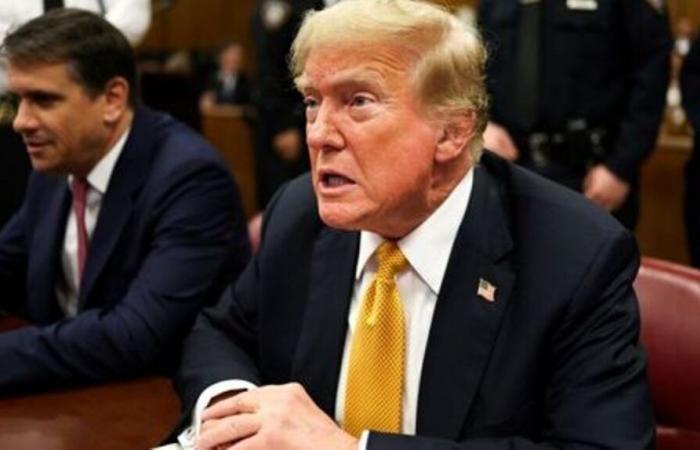Less than two weeks before his inauguration, US President-elect Donald Trump has shocked the international community by reaffirming his intention to acquire new territories. This time, Greenland, Canada and the Panama Canal are the billionaire’s nexus. Enough to arouse the concern of European countries and the interest of observers around the world.
The Old American Dream: Greenland and Canada
Donald Trump’s wishes for Greenland are nothing new. During his first mandate (2017-2021), he hinted at a desire to buy this strategic island, which is autonomous but under Danish sovereignty. The arguments put forward by those around Trump remain unchanged: abundant natural resources (oil, gas, important minerals), a decisive geopolitical position in the Arctic, and the desire to counter the growing influence of Russia and China.
Despite the fact that Copenhagen reiterated that “Greenland is not sold”, Donald Trump does not exclude the use of economic and even military pressure to achieve his goals. The verbal tension, unsurprisingly, worries European leaders, but has not weakened the determination of the future tenant of the White House. According to some of his closest advisers, the Greenland acquisition will be part of Trump’s strategy to build a lasting legacy for the United States and prove that “Making America Great” remains the way to make history.
Another potential target for Donald Trump: Canada. In a mix of provocation and political calculation, the president-elect has said he favors the idea of integrating his northern neighbor into the United States, describing it as the “51st state.” He also threatened to use “economic force” to force Ottawa to bend.
True, Canada, the main producer of shale oil and gas, is of strategic importance. Trump’s threats, exaggerated by the Canadian government, earned him a sharp response from Ottawa officials, who reiterated their commitment to national sovereignty. But for an American businessman, the logic does not change: everything should serve the economic, then security and interests of the United States.
Panama Canal: Symbol of Reclamation?
In the same context, Donald Trump announced that he would not rule out the use of coercive methods to regain control over the Panama Canal. Built at the beginning of the 20th century under the leadership of Theodore Roosevelt, this structure is an important node of world trade connecting the Atlantic and Pacific oceans.
-Since Panama regained full sovereignty over the canal in 1999, the United States has exercised only indirect control over this strategic passage. Trump regularly accuses Panamanian officials of “charging too much” for American ships. For him, it is “inconceivable” that the United States, which has built and operated infrastructure for so long, should today be subject to the benevolence of a country it considers less powerful.
Europe and Russia are warning
These grandiose statements did not fail to provoke protests in Europe and Russia. Old continental chancelleries fear a return to the “law of the fittest” and worry about the precedent any effective annexation might set. For their part, Russian officials are closely watching the escalation of tensions around Greenland in the Arctic, an area Moscow strongly defends its interests.
Kremlin spokesman Dmitry Peskov assessed Donald Trump’s words as “very dramatic”. He considers the Arctic a space where Russia is “at home” and says it is ready to respond to any action that could threaten its security or economic goals.
Although Donald Trump’s statements sometimes seem provocative and exaggerated, they highlight a strong trend: questioning certain geopolitical balances that have been established for decades. Through the prism of “competition with China and Russia,” the president-elect intends to redefine America’s interests in order to secure a dominant position in the international arena. While we must recognize the historic role of the United States in defending freedom, we must also remember that respect for territorial sovereignty is a fundamental pillar of international law.
The future will tell us whether these Trumpo-American ambitions remain just words or whether they translate into concrete actions. Right now, Donald Trump is maintaining calculated uncertainty, alternating between threats, thunderous statements, and an outstretched hand for “deal.” There is no doubt that in the coming months we will witness an intense diplomatic confrontation in which not only Trump’s legacy will be at stake, but also the very definition of global balance in the unfolding era.



